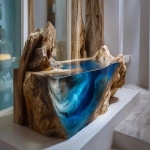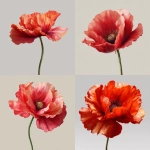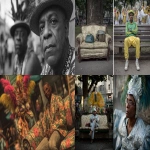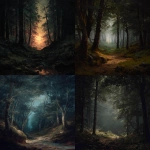Explore the Best AI Image Gallery
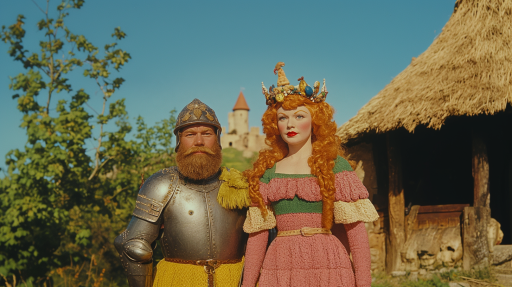
Digital Alchemy: How AI is Transforming Creative Industries
In recent years, the creative industries have been witnessing a seismic shift thanks to the integration of Artificial Intelligence (AI) technologies. This digital alchemy is not only reshaping how artists and creatives approach their work, but it is also altering the very essence of what we consider creativity. As AI tools gain prominence, understanding their impact, potential uses, ethical considerations, and future trends becomes critical for those in the arts, music, literature, and design.
AI in the Creative Process
One of the most fascinating applications of AI in creativity resides in its ability to serve as a collaborator. Creative applications in art and design have seen artists using AI algorithms like deep learning or neural networks to generate original visuals. Platforms like Artbreeder allow users to blend different images, creating unique compositions that challenge traditional artistry. By transforming how visual art is produced, these tools provide artists with new ways to express their ideas and broaden their horizons.
In music, AI-driven software like OpenAI’s Jukebox can compose songs in specific genres, while tools like AIVA compose original scores for films and video games. The blending of human creativity with AI-assisted composition results in innovative sounds and unique musical experiences that were previously unimaginable.
Revolutionizing Content Creation
Content creation has also been affected dramatically by the surge of AI technologies. With the capability of generating articles, blogs, and even marketing copy, tools such as GPT-3 have streamlined the content production process. Marketers, writers, and content creators are leveraging these systems to enhance brainstorming sessions, generate drafts, and even fine-tune existing content. As AI continues evolving, the lines between human and machine-generated content could blur, leading to intriguing developments regarding authenticity and ownership.
Ethical Considerations
While the benefits of AI in the creative industry are vast, ethical concerns accompany these advancements. Questions surrounding copyright arise: If an AI generates a piece of art or music, who retains ownership? Are human artists at risk of losing their livelihoods to increasingly capable AI models? The rapid consumption of AI-generated content raises additional concerns about quality, depth, and meaning. As the audience increasingly interacts with machine-created works, the onus is on stakeholders to ensure that AI complements rather than commodifies the human creative experience.
Additionally, bias in AI algorithms presents a critical ethical challenge. Developing AI tools that reflect diverse backgrounds and artistic perspectives is essential to ensure that the creative ecosystem remains vibrant and inclusive.
The Future of AI and Creativity
The future of AI in the creative industries is promising, characterized by burgeoning trends and innovations. AI is poised to enhance personalization in the arts, enabling artists to tailor their creations to resonate with specific audiences. Furthermore, advancements in AI capabilities, such as machine learning and natural language processing, will deepen the collaboration between humans and machines, fostering unprecedented artistic exploration and reinterpretation.
Moreover, as industries adapt to these technologies, education will play a pivotal role in shaping the future of creative careers. Preparing aspiring artists and creators with skills in both traditional methods and digital tools will be critical for sustaining the relevance of human creativity in an AI-saturated environment. Institutions may need to revise curricula to include courses on ethics, technology, and collaboration with AI to prepare the next generation of creators for a changing landscape.
Conclusion
As AI continues to evolve, it stands at the forefront of transformative change within the creative industries. By enhancing collaboration, revolutionizing content creation, and introducing ethical dilemmas, AI is reshaping the defining characteristics of creativity. The future holds immense potential for digital alchemy, merging human imagination with machine intelligence to create a realm where innovation knows no bounds. It's an exciting frontier—one that artists, writers, musicians, and technologists must navigate wisely.
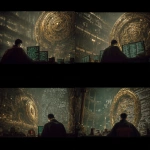
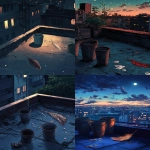
](https://images.ai-img.art/thumbnails/150/0d2c5ff24ca9024b95b5f0d1d0e673146e5dd5f31c7b3a7092322afe4a3c46eb.webp)
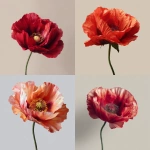
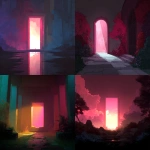
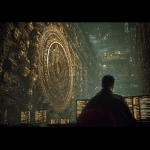
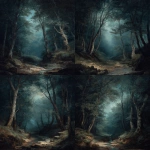
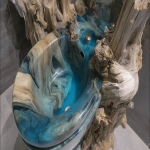
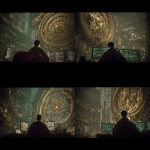
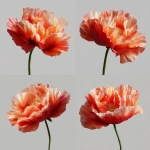
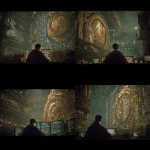
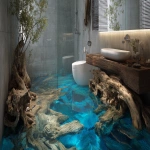
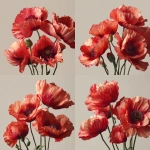
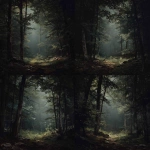
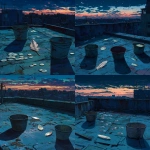
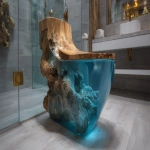
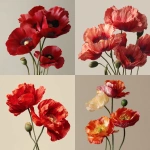
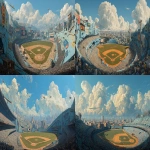
](https://images.ai-img.art/thumbnails/150/69daab74527edc292198788487e2d0d5f1bb1aba897d85b79ff4015ea305631d.webp)
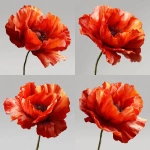
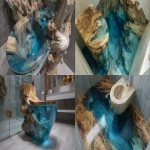
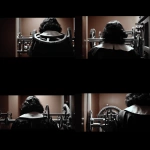
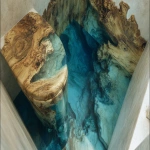
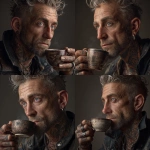
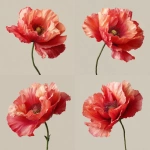
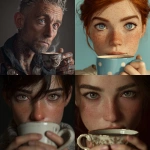
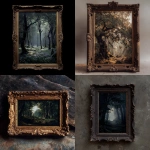
](https://images.ai-img.art/thumbnails/150/7889b264cc5c27f6b7a00af1767a689c9df2b49d36667764d8322ae0c0fed64a.webp)
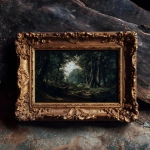
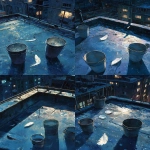
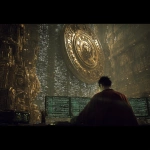
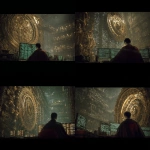
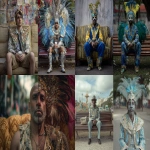
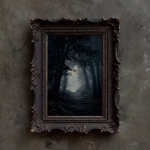
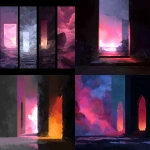
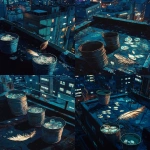
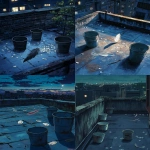
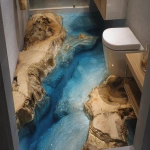
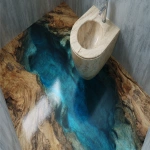
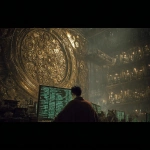
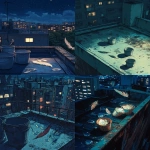
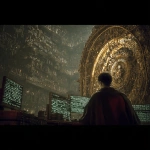
](https://images.ai-img.art/thumbnails/150/8fd5788e152269ccc7eeb4a5287499cc5f55ca46d75afc237030f50a1b60c6ca.webp)
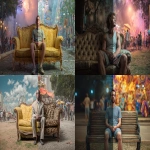
](https://images.ai-img.art/thumbnails/150/24ccaad8968bce75611aa4ff739695d61b7d06bd128d44cfbb3a6c46be30ed33.webp)
](https://images.ai-img.art/thumbnails/150/786d3898a4574da9c53e922bd2a30035084a90a9a6f5cc6bee514d0150ba3403.webp)
